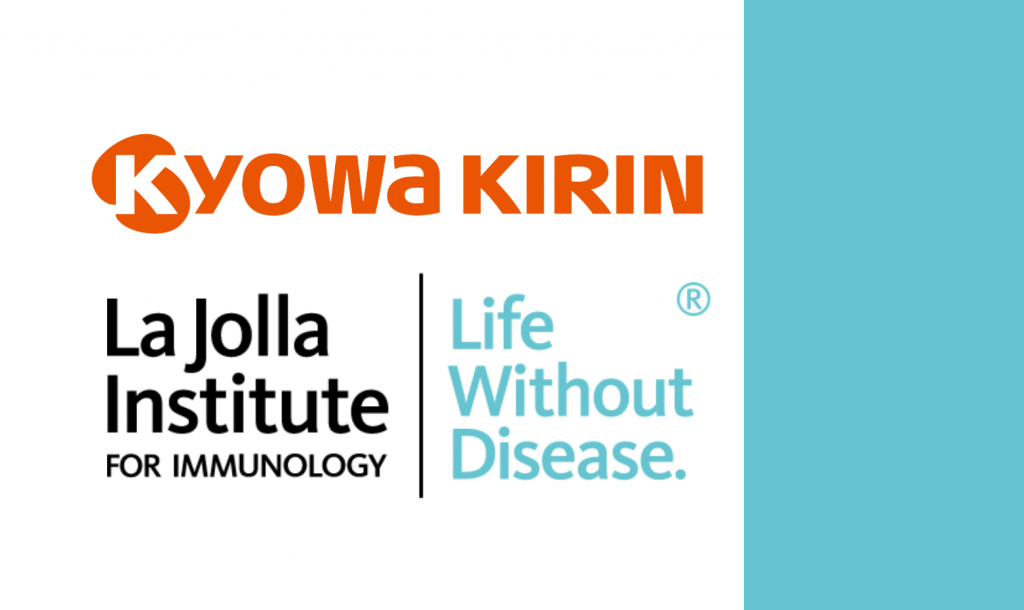As our knowledge of the FceRI-mediated signal transduction has grown for the last two decades, the need to study in vivo roles of this pathway in disease settings encouraged the Kawakami group to develop novel in vivo models of allergic diseases. They devised a novel procedure to induce AD-like skin lesions in mice using a house dust mite extract and staphylococcal enterotoxin B. This model allowed them to show that mast cells and T cells, but not B cells or eosinophils, are required for the full expression of dermatitis. Its application to develop a model to study the susceptibility of AD patients to vaccinia virus revealed the weakened ability of NK cells to control this virus in AD-bearing mice, which recapitulates eczema vaccinatum, a complication sometimes seen in severe cases of human AD. This model was also useful to develop or confirm the efficacy of certain compounds and monoclonal anti-viral antibodies to fight against eczema vaccinatum and eczema herpeticum.
Selected References
Kawakami, Y., Yumoto, K., and Kawakami, T. An improved mouse model of atopic dermatitis and suppression of skin lesions by an inhibitor of Tec family kinases. Allergol. International 56: 403-409, 2007.
Kawakami, Y., Tomimori, Y., Yumoto, K., Hasegawa, S., Ando, T., Tagaya, Y., Crotty, S., and
Kawakami, T. Inhibition of NK cell activity by IL-17 allows vaccinia virus to induce severe skin lesions in a mouse model of eczema vaccinatum. J. Exp. Med. 206:1219-1225, 2009. PMCID: PMC2715052
Tomimori, Y., Kawakami, Y., McCausland, M.M., Ando, T., Koriazova, L., Kato, S., Kawakami, T., and Crotty, S. Protective murine and human monoclonal antibodies against eczema vaccinatum. Antivir. Ther. 16:67-75, 2011. PMCID: PMC3046123




